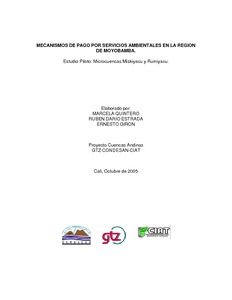Location
As a service provider in the field of international cooperation for sustainable development and international education work, we are dedicated to shaping a future worth living around the world. We have over 50 years of experience in a wide variety of areas, including economic development and employment promotion, energy and the environment, and peace and security. The diverse expertise of our federal enterprise is in demand around the globe – from the German Government, European Union institutions, the United Nations, the private sector, and governments of other countries. We work with businesses, civil society actors and research institutions, fostering successful interaction between development policy and other policy fields and areas of activity. Our main commissioning party is the German Federal Ministry for Economic Cooperation and Development (BMZ). The commissioning parties and cooperation partners all place their trust in GIZ, and we work with them to generate ideas for political, social and economic change, to develop these into concrete plans and to implement them. Since we are a public-benefit federal enterprise, German and European values are central to our work. Together with our partners in national governments worldwide and cooperation partners from the worlds of business, research and civil society, we work flexibly to deliver effective solutions that offer people better prospects and sustainably improve their living conditions.
Members:
Resources
Displaying 276 - 280 of 337
Exemple de pays II:
La Somalie - Un pays sans État central et néanmoins fonctionnel
La Somalie est l'exemple d'un pays moderne dans lequel l'État central n'existe plus depuis de longues années. Bien qu'elle soit souvent décrite comme étant un pays chaotique et anarchique, une nouvelle forme d'organisation sociale s'y est mise en place depuis longtemps. Il semble même qu'un grand nombre de
personnes s'accommodent bien de cette absence d'un État central.
Ville - campagne : une relation en pleine mutation
La relation entre la ville et les zones rurales s'est radicalement transformée au cours des dernières années. Une délimitation franche n'est plus guère possible aujourd'hui et c'est le continuum des zones à vocation agricole, des banlieues, des zones d'habitat spontané et des centres urbains qui modèle le paysage. Mais les pays et la coopération au développement disposent-ils des instruments nécessaires pour promouvoir un développement dynamique et équilibré entre la ville et le milieu rural et pour entrouvrir des perspectives aux populations qui y vivent ?
Mecanismos de pago por servicios ambientales en la región de Moyabamba Perú: Estudio piloto microcuencas miskiyacu y rumiyacu
Desarrollo Rural y Tecnologías de la Información y Comunicación
Los valiosos ejemplos presentados abarcan una serie de experiencias heterogéneas, desde el uso de tecnología WiFi (comunicación inalámbrica) en el caso de Huaral hasta la comunicación oral en Piura. Desde una red de información nacional con oficinas en regiones y provincias como el SIAG del Ministerio de Agricultura hasta una telecentro comunitario en Cotahuasi.





